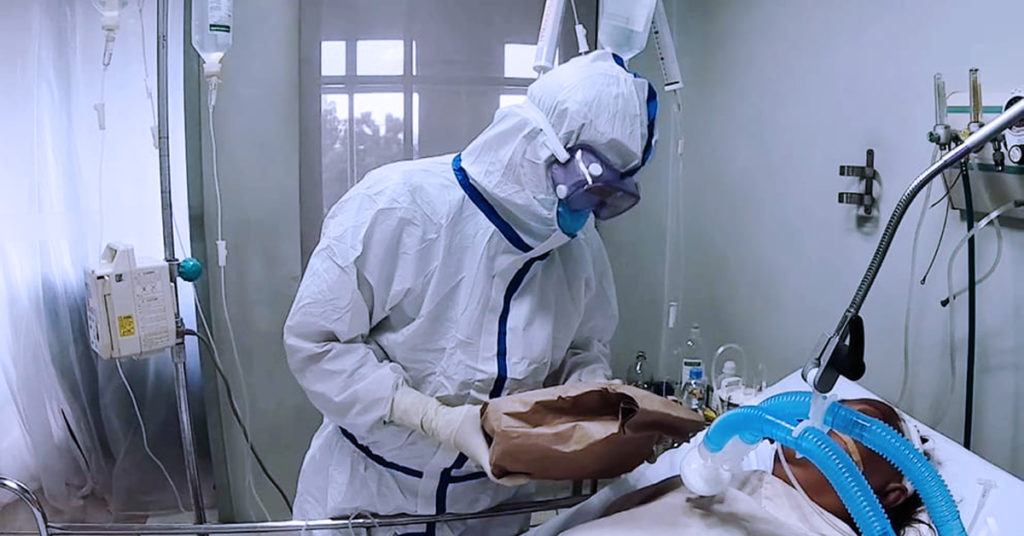Would you choose a nurse career?

INTRODUCTION
Nurses have been one of our medical front liners in the COVID-19. Nursing profession is very in demand most especially in these challenging times. Due to an outpouring number of COVID-19 cases in our country, nurses can literally be seen as overworked yet underpaid professionals. So, while nurses are common to see, there is actually a shortage of this profession. Do you still want to be a nurse? Read on.
LIFE OF A NURSE
To become a registered nurse in the Philippines, you have to take Bachelors of Science in Nursing as a college course for four years and pass the Nurse Licensure Exam accredited by the Professional Regulation Commission (PRC). Once granted with a Registered Nurse (RN) license, one can start applying in different fields of nursing practice such as hospital nursing, community nursing, company nursing or in nursing academe and administrative works such as teaching nursing students to become future RNs and dealing with evidence based nursing researches respectively. Different countries have diverse requirements but the context is just the same – obtain a bachelor’s degree and pass a nurse licensure examination. When a Filipino RN wishes to become a nurse overseas, an international qualification to become a nurse is usually required. These are usually in a form of testing their cognitive and practical skills. A test of language is also established for communication skills as needed in their country of choice. Most selected destinations by Filipino nurses to work with include USA, United Kingdom, Ireland, Germany and countries in the Middle East such as Saudi Arabia and Abu Dhabi. However, other countries do not require a licensure exam after obtaining their bachelor’s degree such as Australia and New Zealand.
NURSES IN PANDEMIC
The situation of nurses in the Philippines today is alarming. Nurses in the hospital setting work within an 8-hour or 12-hour shifting schedule. A salary of a typical nurse in the Philippines ranges from P25,000-P30,000 monthly in a public hospital while private hospital nurse’s income ranges from P15,000-P25,000 a month. Hazard pays for those working in a COVID facility varies from P200-P700 a month.
Institutions offer medical and other benefits, but in present reality, are not enough especially for breadwinners and/or raising a family of their own. A state of being “overworked yet underpaid” risks them from a weak immune system resulting to higher chances of contracting COVID-19, despite wearing Level 4 Personal Protective Equipment (PPEs) as their major shield and defense against the virus. This is the reason why most nurses working in a COVID-19 facility prefer to stay in areas where they are not able to or at least lessen the chances of virus transmission within their family and loved ones. Some of these mentioned dilemmas are considered as a wake-up call to some of our nurses to choose working abroad for more income and better benefit compensation. Some opt to shift careers in work from home and customer service jobs that are still related in the medical field such as being a healthcare virtual assistant or a medical coder.
CONCLUSION
If you choose to be a nurse, one must be resilient and patient enough to face the adversities of the healthcare system in our country, with the intention of desiring to practice this profession faithfully. If you don’t want to be a nurse but yearning to place a career in the healthcare field, there are also a lot of options to consider. Choosing a career entails a lot of passion, dedication and commitment to stay in a job for a long-term. This is something that the nurses in MyPocketDoctor understand. MyPocketDoctor is a telehealth platform that operates 23/7/365. You may contact MyPocketDoctor through their Facebook page and/or chat with their agents on their website www.mypocketdoctor.com. Likewise, you may check the Frequently Asked Questions (FAQs) through this link.
